Catie Curtis's sweet, soulful sound has proven to be good for weddings, whether it be a real-life ceremony or one set at the end of a romantic comedy flick. After her last album, Sweet Life, Curtis noticed her music was being used in wedding ceremonies, so she took it one step further by offering her services to couples as an ordained minister.
Take a peek at some of her sweetest excerpts from Curtis’ new interview with Advocate:
Have you drawn any inspiration from your experiences officiating weddings?
The song "I Do" on the record I actually wrote from my own experience, wanting to marry my partner, but I wrote it before I was just going to be at someone's wedding; I wasn't officiating it. I was just inspired by the fact that someone I knew was getting married. It's such a leap that people take, and it's just amazing that people ever feel sure enough about anything that they're willing to make it public like that and make a commitment.
You've played some pretty remarkable venues throughout your career. As an artist, what is it like to play at places like the Lilith Fair and the Michigan Womyn's Festival?
I do think that it's kind of unusual to play both the White House and the Michigan Womyn's Festival in one year. When I'm playing at like, the White House, I'm feeling like, Wow, here I am, an out lesbian, playing at the president's house! And then I'm at Michigan, and I'm feeling like, Here's this place that's nurtured and given strength to all these lesbians over the years, and I get to perform! It's like homecoming for me to play there. Lilith is more like an adrenaline [rush]. You end up doing to finale onstage, 20,000 people, and everyone gets one line in the finale to sing by themselves. It's crazy to realize that you're reaching 20,000 people. As a singer-songwriter, you're usually playing 500-seat places.
In the same vein, I play really intimate places still, and I play big theaters. To me, it's all about connecting to the people. When I go to hear music, I want to feel like the person playing is present, so I feel like the experience isn't all that different from venue to venue. I'm always just doing my thing.
Do you have any advice to any young singer-songwriters who are trying to break into the industry?
I think people can always try going to New York, L.A., or Nashville, but I never could stomach doing that, so I recommend finding your interest-based niche. Find out who is drawn to your music and what their interests are. These days you can create your own niche by playing to people that share similar interests, and I think there's lot of room for a wide variety of artists that way. You're not necessarily looking for commercial success, but if you just want to work as a musician, you can find an audience that way. Whether you're into outdoor education or gay parents, whatever it is, I think there's an audience for music, and you can break in from there. I've always felt a certain foundational support from the gay community, which has been so important to me.
Do you think it's less difficult for lesbian musicians to be out now compared to a decade ago?
I don't know individual to individual, but there seems to be a trend. I try to step back and look at how much progress is being made just by having gay marriage in so many states. I think that being out is so much easier when you have gay marriage, because there's some validation. I know even for my kids, it's important to them that we have the right to be married, because it makes them feel validated. So I think that feeling safe in your job and feeling safe as a performer, all of that is reinforced when people have the same civil rights.
What made you want to become an ordained minister?
It came from, again, this long time relationship with fans, where a lot of people my music was in their lives when they were getting together with their person, and deciding to get married. And a lot of people have said that they've played my music at their weddings. So, first I played at a couple of people's weddings, and then I was watching someone officiate, and I thought, "I could do this!" It felt like a very natural extension for me. I'm comfortable talking about love, and I'm very drawn to the idea of a wedding ceremony -- how do you put it together? What do you really want to say with it? How do you make it express what you as a couple want to say as opposed to what's been doing traditionally? So I've really enjoyed creating ceremonies for couples, and then getting up there and standing with them as they're exchanging their vows.
Read the complete interview to learn all about Cutis’ complete collection, advice for aspiring musicians, how she gives back, and more, on Advocae.com now.
Check out CatieCurtis.com for more on her career and special events like weddings.













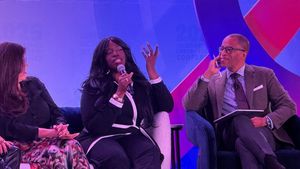




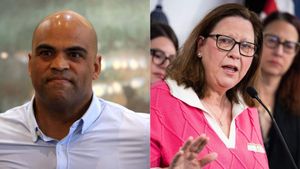




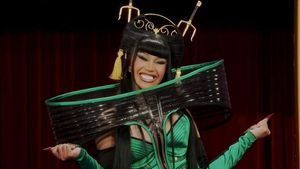



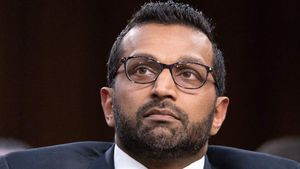



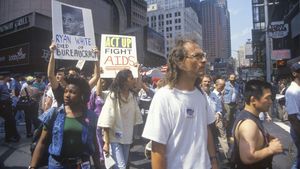


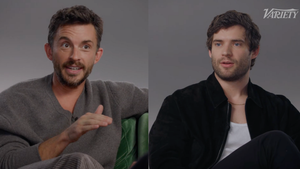







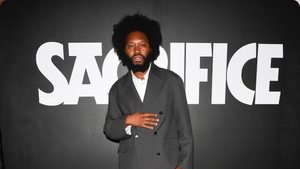

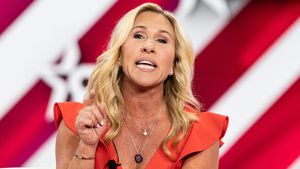
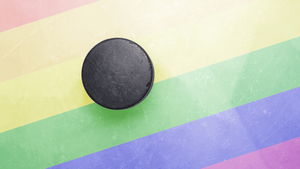
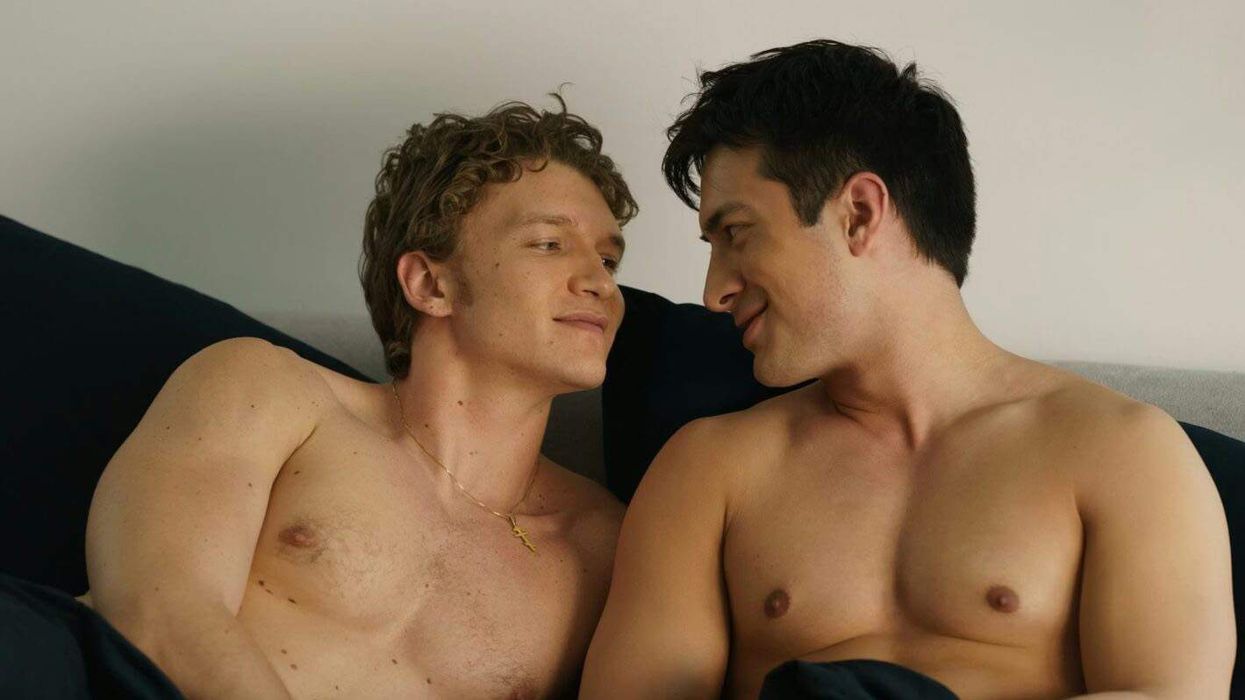
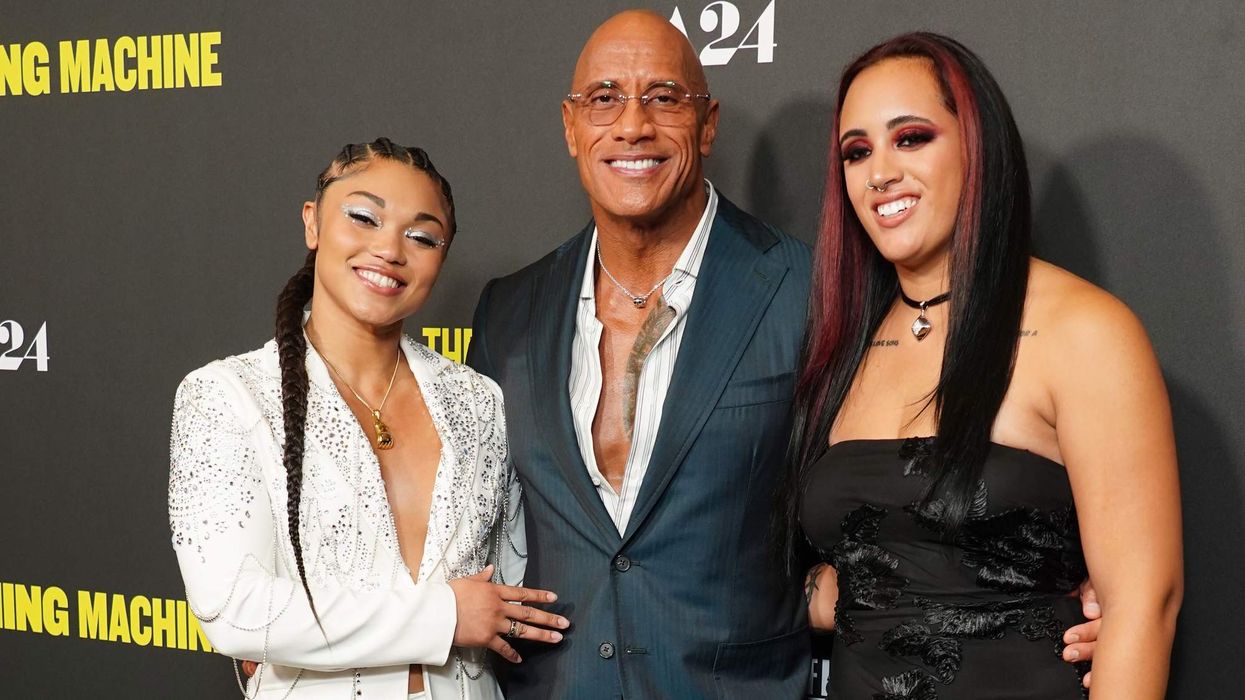
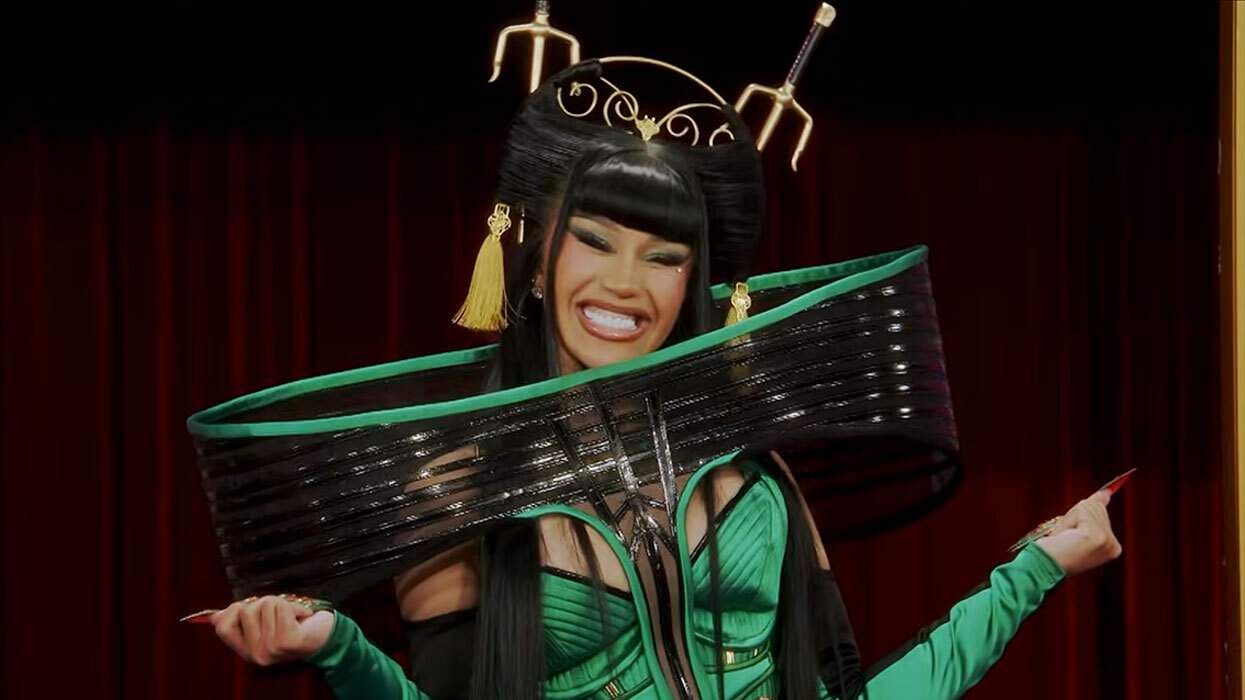
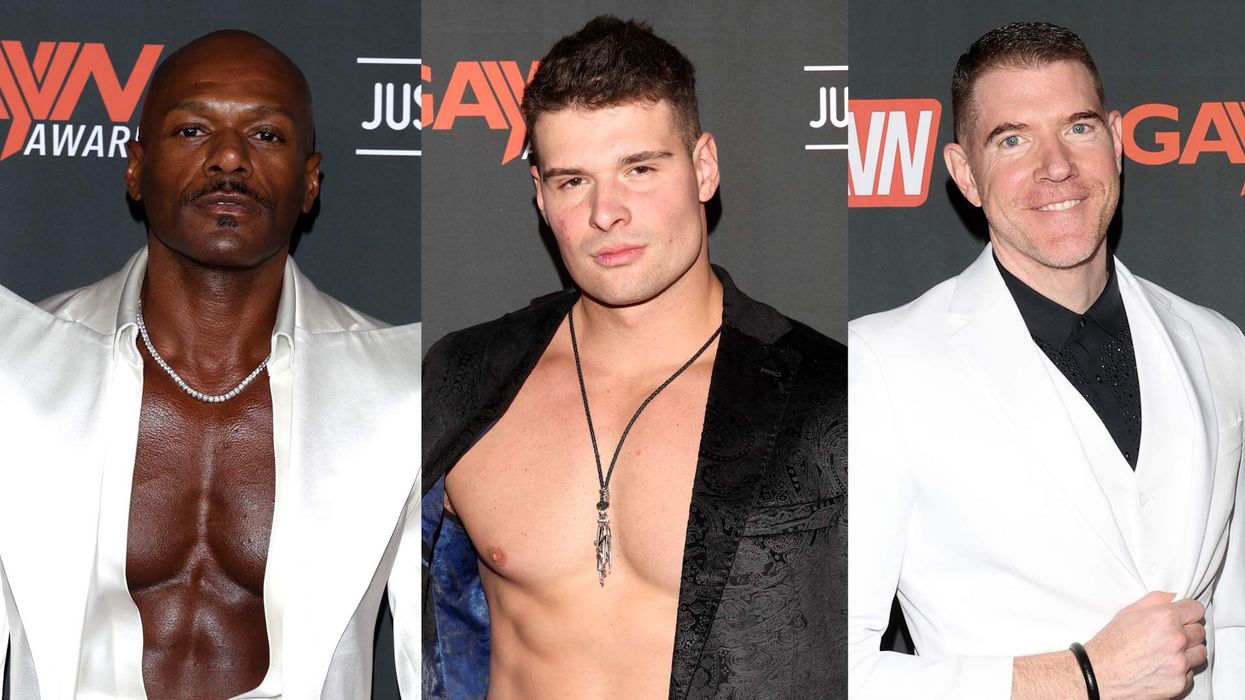


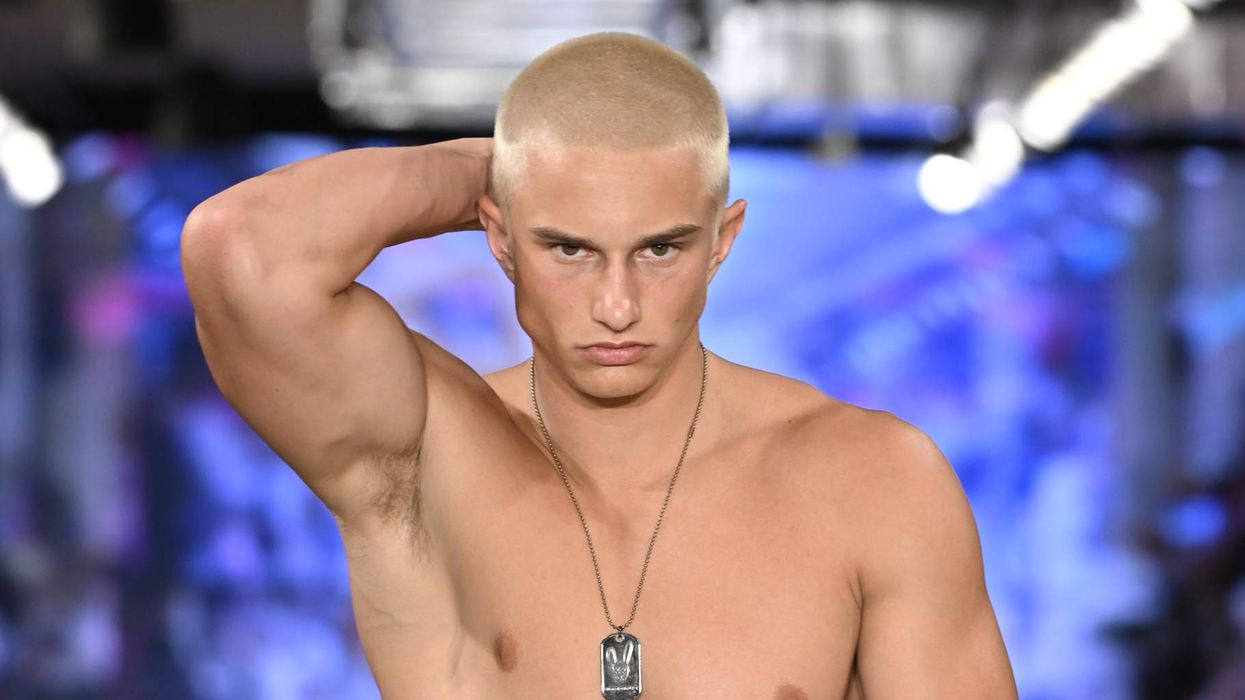

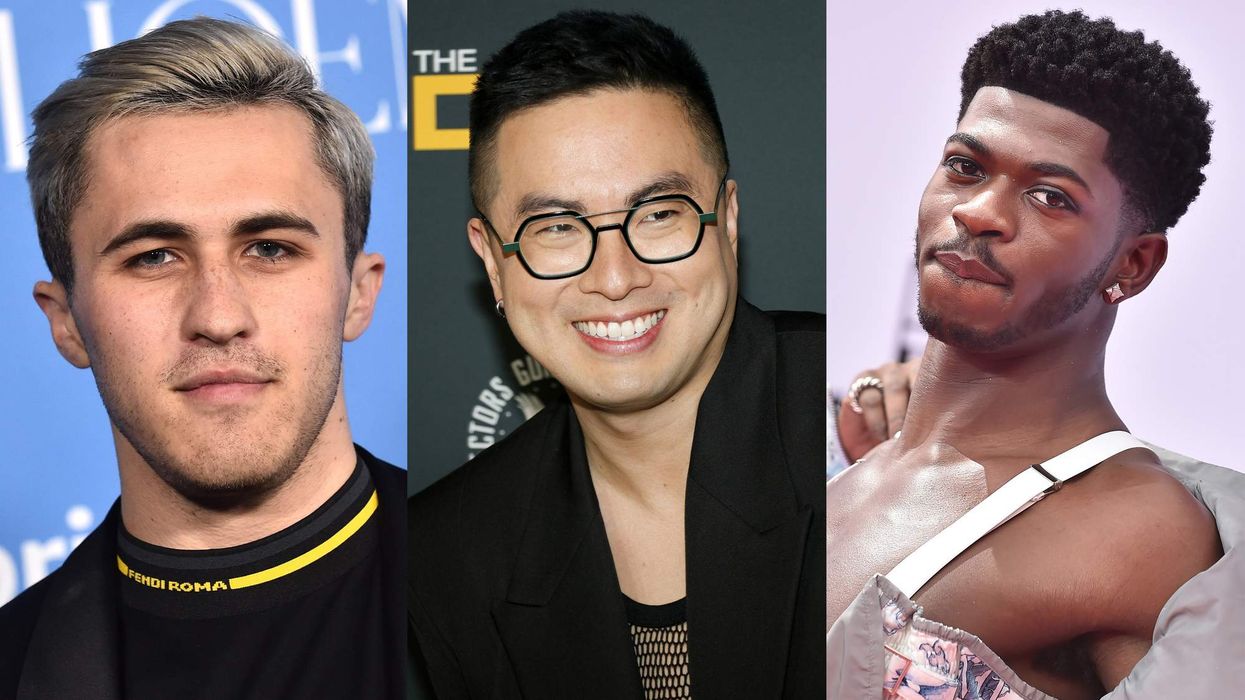
































 Cindy Ord/Getty Images
Cindy Ord/Getty Images























